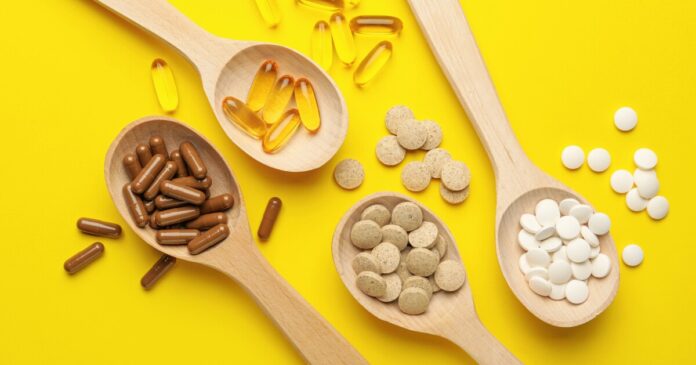Introduction to Mental Health Supplements
The market for over-the-counter supplements aimed at supporting mental health and wellbeing is growing rapidly. With so many products available, it can be difficult to know which ones are actually effective in relieving depression. A recent metastudy has shed some light on this issue, reviewing 64 different products and hundreds of studies to assess their efficacy.
Methodology of the Study
An international team of researchers reviewed 23,933 study records and 1,367 papers, focusing on 209 clinical trials that analyzed the efficacy of common over-the-counter supplements in treating depression. The studies covered adults aged 18-60 years with either depression symptoms or an official diagnosis. The researchers grouped their findings into products with substantive evidence, emerging evidence, and single trials only.
Most Studied Products
The most comprehensively studied products were omega-3s, St John’s wort, prebiotics, and vitamin D, as well as saffron, which is popular in the Middle East and Asia. However, the study found that there was little conclusive evidence that omega-3 supplements had any impact on relieving depression symptoms. In fact, more studies produced no effects than those that showed some, compared to a placebo.
Effective Supplements
On the other hand, St John’s wort and saffron had the strongest positive outcomes, with studies showing that these two supplements worked compared to a placebo and were on par with existing prescription antidepressants. Gut-health probiotics and vitamin D also reduced depressive symptoms to some degree in their respective controlled trials.
Emerging Supplements
The researchers identified several emerging supplements with promising evidence, including folic acid, lavender, zinc, tryptophan, rhodiola, and lemon balm. These supplements showed positive outcomes in early studies, but more research is needed to confirm their efficacy. Other supplements, such as bitter orange, Persian lavender, and chamomile tea, also had positive outcomes, but the evidence is limited.
Inconclusive Evidence
Some supplements, such as melatonin, magnesium, and curcumin, returned mixed results when focused on depression. The same inconclusive evidence was found for cinnamon, echium, vitamin C, and a vitamin D-calcium combo. Prebiotics, which are often touted as a way to support gut health, were not significantly more effective for depression than a placebo.
Future Research
The study highlights the need for further research into the efficacy of over-the-counter supplements for depression. Many products have limited but promising evidence, and more studies are needed to confirm their effectiveness. The researchers also emphasize the importance of safety reporting in trials, as well as the need for healthcare professionals to be consulted before taking any supplements.
Conclusion
The market for mental health supplements is growing rapidly, but the science is lagging behind. While some supplements, such as St John’s wort and saffron, have shown promise in relieving depression symptoms, others have limited or inconclusive evidence. As consumers, it’s essential to be aware of the evidence behind these products and to consult with healthcare professionals before taking any supplements. With more research and robust data, we can make informed decisions about which supplements are actually effective in supporting mental health and wellbeing.

